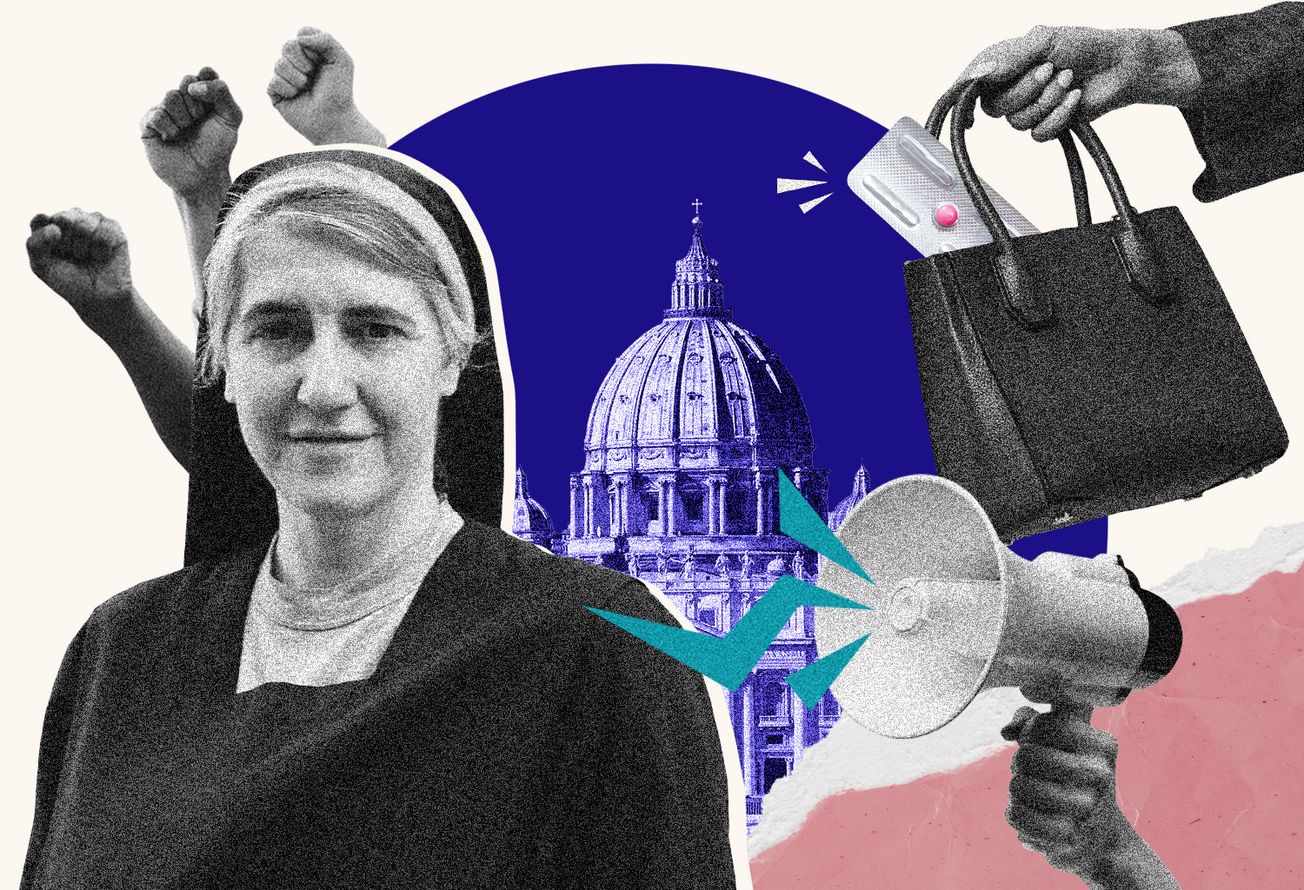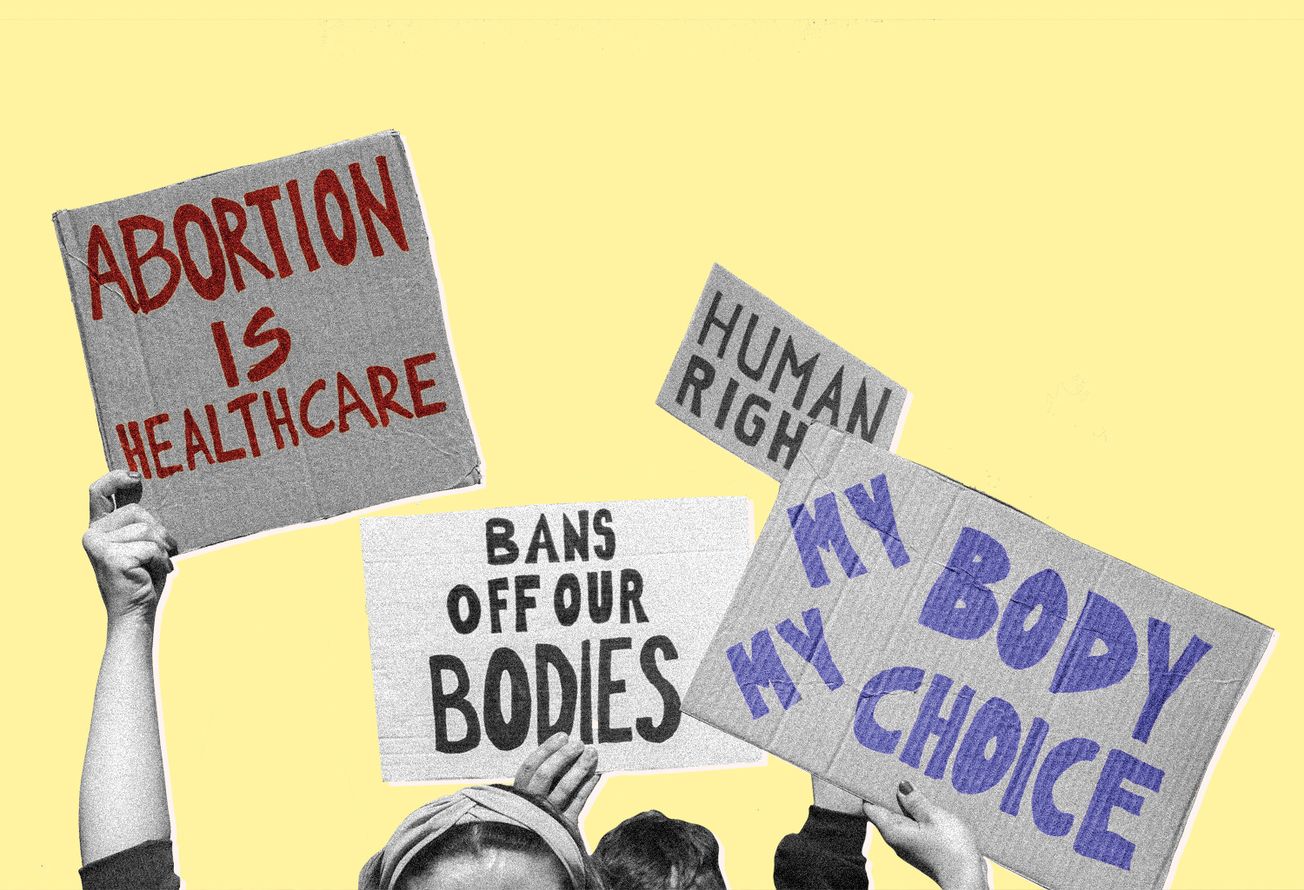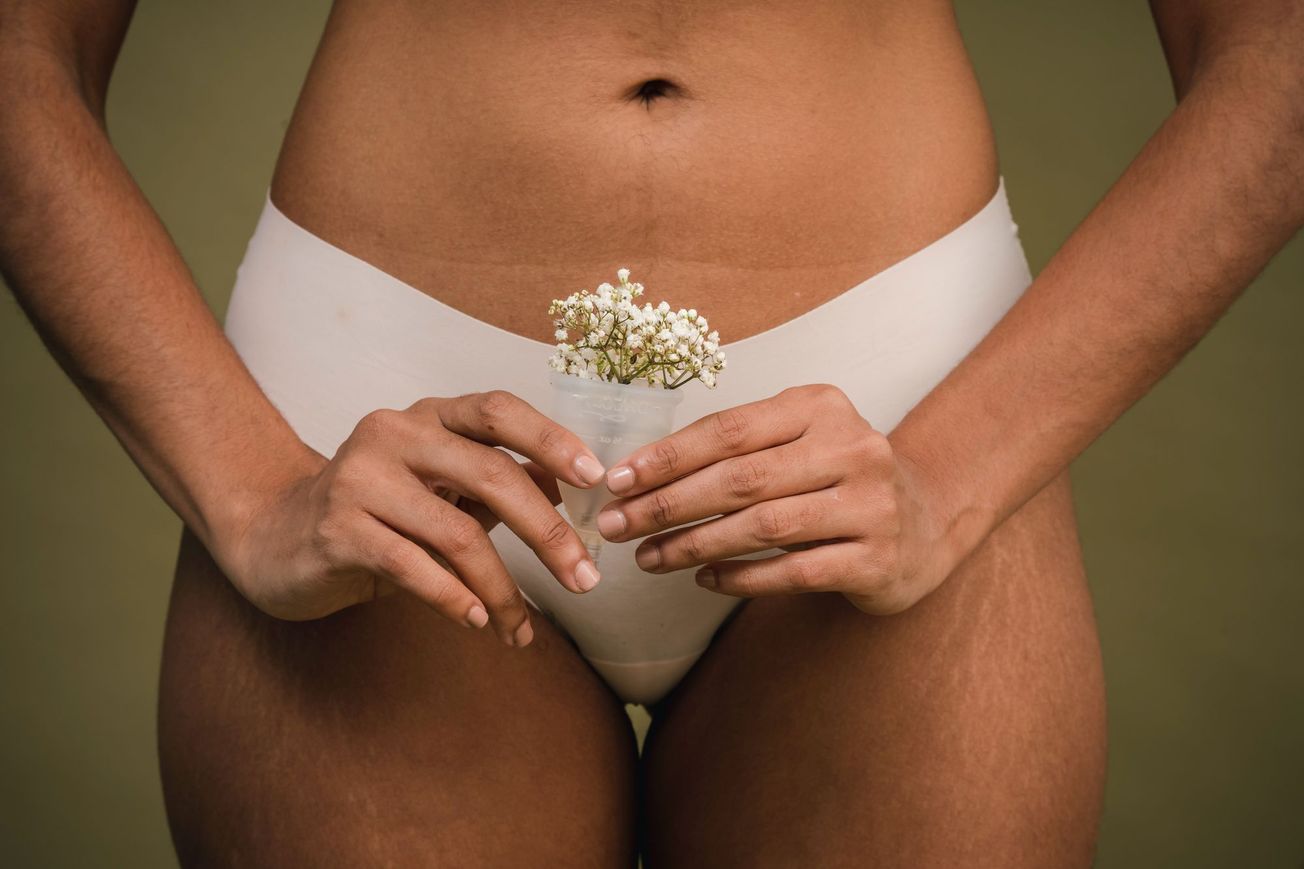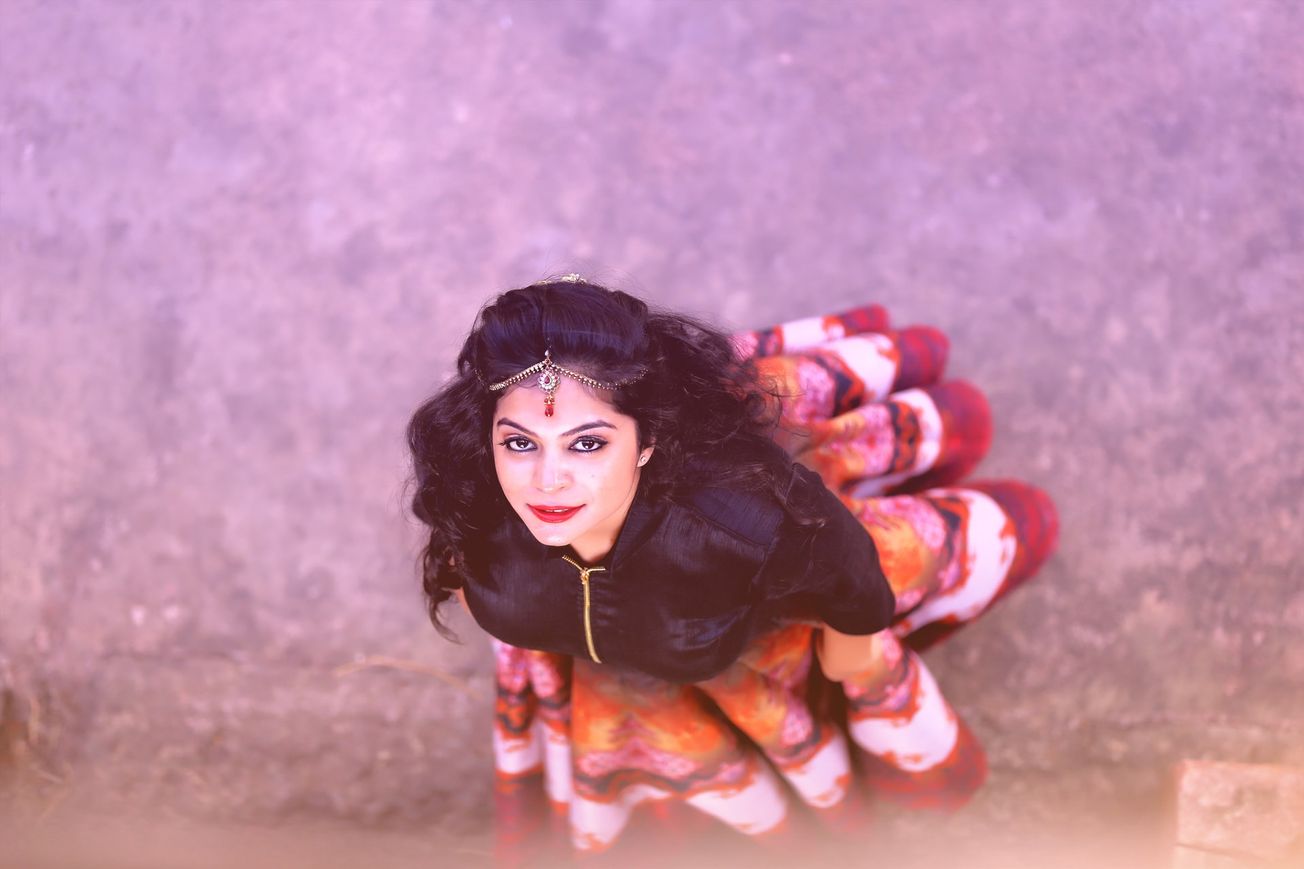"All women should have the 'morning-after' pill in their purses". It's a compelling statement, especially since it came from a Catholic nun on Spanish national television. "The medicine makes it highly improbable for conception to occur," added Sister Teresa Forcades, a former U.S.-based medical doctor. It was a Catalan show called 'Singulars' (2009), an interview-news program that profiled Forcades as "the activist in a habit."
A snowball effect ensued. On a Zoom call last year, Forcades told me how Christian media sites had retaliated, calling her "the nun of the devil." The Vatican wrote to her, asking her to retract her reproductive rights support publicly. She refused. In fact, she upped the ante, drafting a theological argument for abortion, flush with philosophical questions that she said were "defendable within the church."
"The foetus or the embryo, it's a very particular form of life because it's within another. It's within a mother who has to be able to make decisions in her life as a full human being," Forcades said, recounting her arguments in a letter to the Vatican. "You have two fundamental principles at play: the dignity of a human being (the pregnant woman) that cannot be instrumentalised and the sanctity of life. What happens when those two conflict? You better let God and the woman sort it out."
The Vatican never replied.

It's been 13 years since Forcades sent a riposte to the Vatican. Today, the Spanish parliament is reviewing a bill offering women free "morning-after" pills. Spain's left-leaning coalition government recently introduced a set of other sweeping reforms related to women's health, marking a significant shift in the historically Catholic country. The legislation would permit abortions for 16 and 17-year-olds without parental consent, jettison Spain's current three-day waiting period before an abortion procedure, and offer women full access to surgical and pharmaceutical abortion options. Critically, it would ensure abortions are available in all public clinics, which has not always been the case as doctors objected to the procedure. Finally, the bill would usher in paid menstrual leave—making Spain the first European country to recognise debilitating period pain as a valid reason to take medical leave. According to administration officials, the law is slated to pass by year end.
Spain's Catholic Church has criticised the bill. "Aborting is never a right," tweeted Archbishop Luis Argüello García of Spain's Bishops' Conference. Religious statements of this kind, undergirded by a commitment to protect the life of a foetus, drive the resurgence of the anti-abortion movement—most notably across the United States in the aftermath of the overturn of Roe v Wade.
"Europe’s most radical nun"
I had been interviewing Sister Forcades through 2020-21 and had also visited her at the Monastery of Sant Benet de Montserrat outside Barcelona, Spain, where she lives with dozens of other Benedictine nuns. Together, the nuns sang in a choir, made ceramic objects like vases and tiles, and observed moments of silent reflection and prayer each day. The monastery, itself, is perched on a cliff surrounded by the jagged Montserrat mountains. Splotches of sunlight bounce off the signature crevices. When I arrived to interview her, Forcades guided me into a small interior church, the place where she first realized she wanted to be a nun. "Isn't it beautiful?" she said as she pointed next to the altar to a wide stream of yellow light. Abortions rights had returned to the news cycle since. For this article, I wrote an email to her asking for a statement, but she declined to comment further, indicating that she had already said all that was relevant.
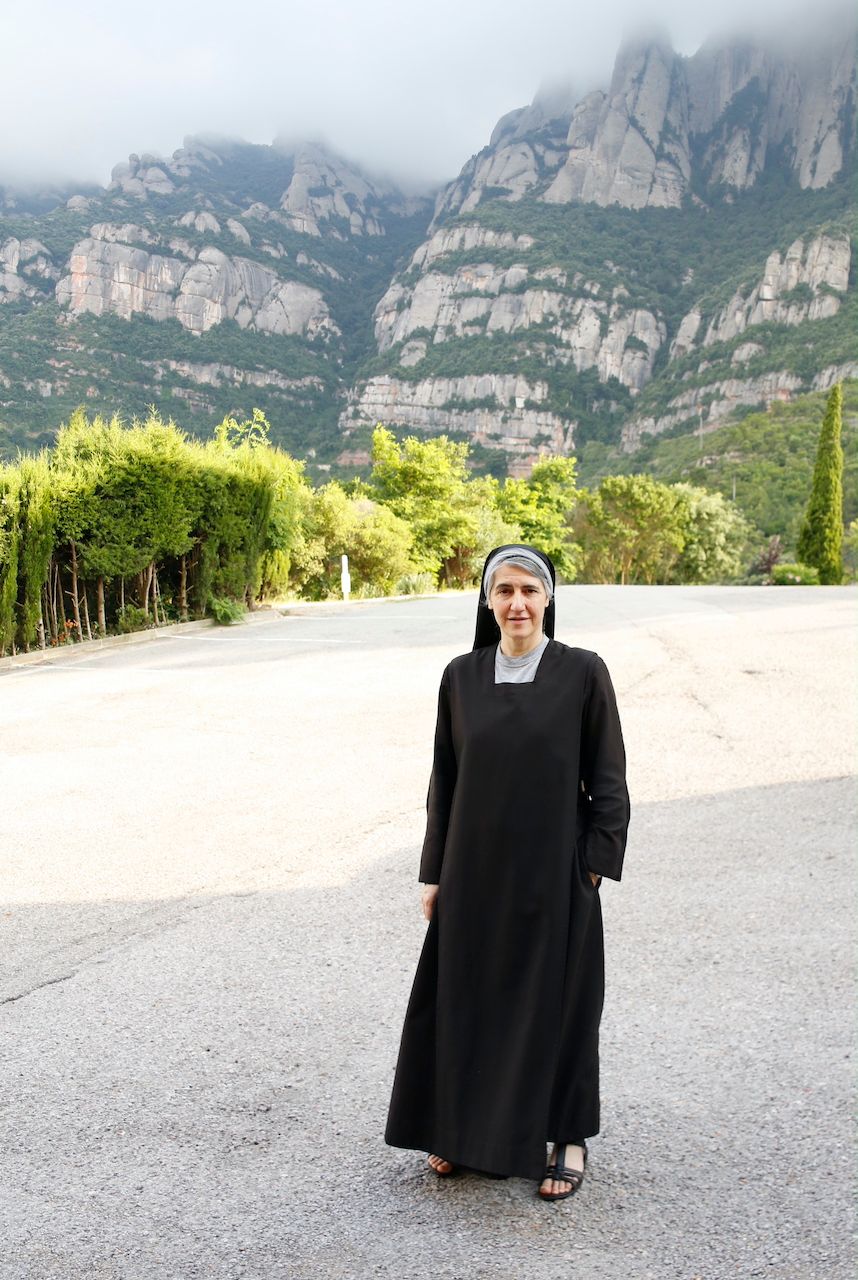
Historically, the anti-abortion movement was motivated largely by White supremacist ideology. In her book The Wrath to Come: Gone With the Wind and the Lies America Tells (2022), Sarah Churchwell writes, “the first wave of anti-abortion laws were entangled in arguments about nativism, eugenics, and White supremacism, as they dovetailed with a cultural panic that swept the US in the late 19th and early 20th century.” At the time, the US government, marshalled by Theodore Roosevelt, "urged white women to have more babies to protect 'native' American society against 'diminishing birth rates”. Outlawing abortion was merely a strategy to reinforce White supremacy—more White children would grow the "right" kind of voting pool which would mean more political capital; more Black children would mean more "property" for slaveholders, Churchwell explains.
Historical nuances and contradictions like this charge Catholic nun Teresa Forcades’ theological inquiries. "I don't think I'm afraid of confrontation in the sense that that's how you sometimes come out with a better solution for all, or how you acknowledge difference—by confronting it," she said, a swathe of grey hair peeking out from her grey-and-black headdress.
Frequently called Europe's most radical nun, Sister Forcades' is known for her frank views on same-sex marriage, abortion, and women's ordination that directly challenge the Catholic Church. Her radical statements make her catnip for journalists. She has often debated topics ranging from women's rights to Catalonia's right to self-governance. Her space in the Catalan cultural imagination was cemented about a decade ago when TV3's comedy program Polònia, one of the most-watched TV shows in Catalonia, satirised her. In one popular scene, her opinions gush from her mouth like a hurricane, tipping the Pope from his chair.
A Feminist Nun: A Contradiction in Terms?
Forcades identifies as a feminist. She has maintained that the Catholic Church is "a sexist structure, objectively sexist.... It's not that this Pope, or this Priest, or this Bishop, or this Monk or Nun are sexist, but it's the structure itself," she said, her eyes drifting over the saw-toothed mountain peaks of the Montserrat range. Why does she stay in the Church then? Her reasons are, as expected, nuanced. Forcades finds much more "nourishment" within it beyond discrimination. As outlined in her book The History of Feminist Theology, she views feminism as a type of liberation theology—a development within Christian theology, especially in the sixties in Latin America, that focused on the liberation of the oppressed. Similar trends also exist in Black theology in the US and Dalit theology in India. Forcades strives to reimagine theological arguments and religious practices that subjugate women, finding an opening for radical change within Catholic Christian beliefs.
In the Catholic church, only men get ordained as priests—a prerequisite to preside over the Eucharist and consecrate the bread and wine. This ordination to the priesthood is further linked to the Church's decision-making. For example, priests set rules about "how you represent the image of God or Christ in the community," she said. This concentration of power is something Forcades actively rallies against. She believes this power imbalance against women "blocks" women's relationship with God. "Take a young girl coming into spiritual consciousness who is bluntly told women can't ever be priests. "What are we doing to this brain and to this heart of this girl? We are damaging [it]. That's very serious. That's very wrong," Forcades said.
There is no pro-Church argument that can erase this sexism, Forcades continued. However, Forcades finds solace in the history of female sainthood.
Women’s Relegation to the Underclass in the Church
During the Medieval period, more women were given sainthood than men, a status inferred after death. "Women had full access to sanctity because the Church granted that." Today we place them on the altar, saying, "that's a woman that everybody should know, and everybody should honour and aspire to become." The implication here is that women from our past have lessons to impart and stories to learn—not just men. Further, these women's ideas have been carefully preserved in letters, formal writing, and many paintings. "It's amazing. Every time I look at the sanctuary of the church and see the saints, there is the name of a woman there," Forcades said. Though some feminists consider granting women divinity or sainthood as problematic (putting a woman on a pedestal deprives her of her humanity and creates hard-to-attain ideals for other women), Forcades sees it as a proof of women's empowerment in the history of the Catholic church.
She regrets that during the European "Age of Enlightenment", which boasted intellectual progress during the eighteenth century, women were relegated to the underclass. Forcades evidently does not wish for a return to the Dark Ages, but she draws attention to the fact that the social context has always influenced the shifting attitudes towards women in the church.
"Patriarchy is what male and female, men and women, build together," says Forcades. To smash the patriarchy, she believes women must push against their "default mode" that gives them the urge to take on the responsibility for the domestic space and people's emotions. Forcades firmly believes women are capable of stopping themselves from reproducing certain patterns that encourage their own subjugation. "God is calling me and each person, each man, each woman, to live in an original way, that's not been travelled before."
She may be a lone voice in a sexist system—a feminist nun in a patriarchal church, but Forcades' fierce arguments for reproductive rights demonstrate that it is possible to remain anchored to Christianity and also divest oneself from the Church's sexist and White supremacist legacy.
The interviews for this article were conducted during the author’s work as a journalist fellow for the CRCC's global project on engaged spirituality at the University of Southern California.


